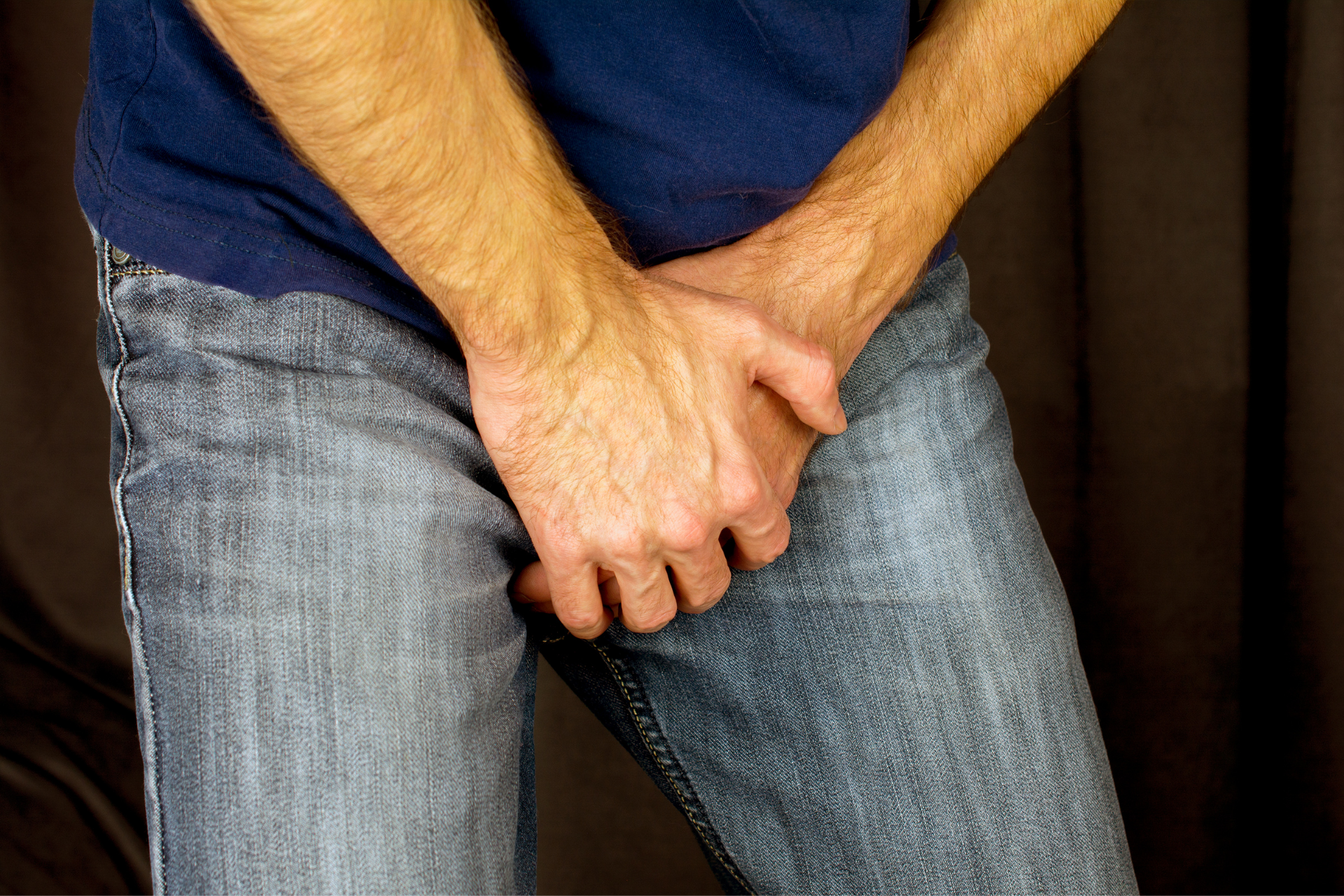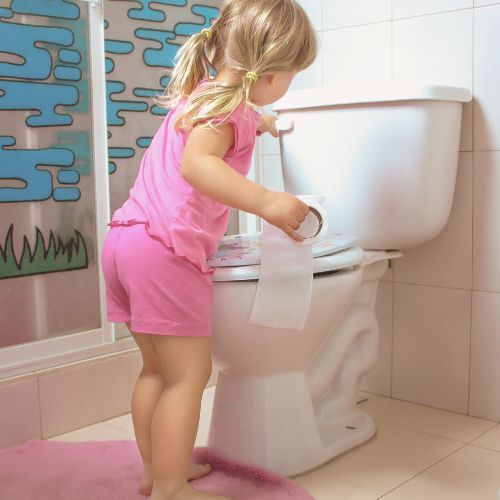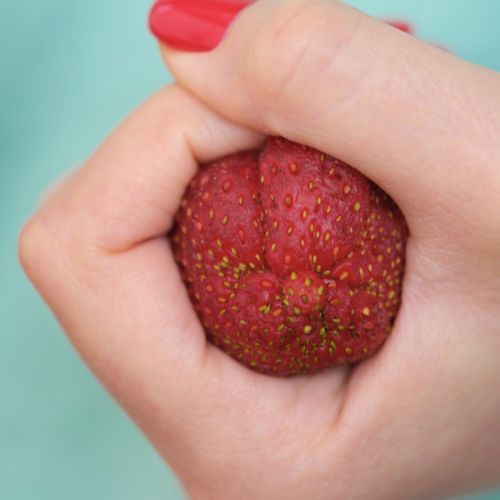By Kylie Conway
•
July 9, 2025
Understanding Menopause: How a Pelvic Health Physiotherapist Can Help You Thrive Through the Change At Pelvic Health Melbourne, we know that menopause isn't just a stage of life—it’s a deeply personal transition that can impact your body, confidence, and quality of life in ways you may not expect. As pelvic health physiotherapists, we’re here to support and empower you with respectful, evidence-based care tailored to your needs. What Is Menopause and Perimenopause? Menopause marks the end of your menstrual cycle, officially diagnosed when you haven’t had a period for 12 consecutive months. The years leading up to this, known as perimenopause, are when many of the most noticeable symptoms begin normally from 40 years old During this time, fluctuating hormone levels—particularly a drop in oestrogen—can lead to a range of physical and emotional changes. Some are widely known, others less talked about, but all are valid and worthy of care. Common Symptoms of Perimenopause and Menopause Increased blood loss during periods Weight gain and bloating - especially new weight deposits around the stomach Low libido or sexual discomfort - our vagina shrinks both in length and width Bladder urgency, frequency, or leakage Vaginal dryness or pelvic discomfort - use silicon based lubes as water based just absorb in too easily Pelvic organ prolapse or heaviness Hot flushes and night sweats Mood swings, anxiety, and low mood Fatigue and disrupted sleep - waking for a few hours in middle of night then exhausted in morning Brain fog and memory changes These symptoms can feel overwhelming, but you are not alone—and you don’t need to suffer through them in silence. How Pelvic Health Physiotherapy Can Support You At Pelvic Health Melbourne, our experienced physiotherapists work with you holistically to address the physical changes of menopause that affect your pelvic floor, bladder, bowel, and sexual health. Here’s how we can help: 1. Pelvic Floor Rehabilitation We assess and treat pelvic floor muscle weakness, overactivity, or incoordination. This helps reduce urinary urgency, incontinence, heaviness, and discomfort. 2. Bladder & Bowel Retraining Menopause can alter bladder sensitivity and bowel regularity. We provide personalised strategies to restore control and confidence. 3. Sexual Wellness Support Painful intimacy or decreased sensation are common but treatable. We use gentle, respectful approaches including pelvic floor therapy, education, and support for vaginal tissue health including discussions about topical oestrogen therapy, vaginal dilation (if required), vibrators to assist blood supply and appropriate lubrication for stage of life. 4. Movement & Strength Programs Specific exercise program for you respecting non restorative sleep, need for more stretch and cardio allowing for adequate body recovery. 5. Education & Empowerment We take the time to explain what’s happening in your body, and why, so you feel more in control. Our goal is to help you make informed decisions about your health and wellbeing. Why Choose Pelvic Health Melbourne? At Pelvic Health Melbourne, we do more than treat symptoms—we care for the whole person. We offer: Longer, unrushed appointments Private, purpose-designed rooms Highly skilled and specialised clinicians An inclusive space and point of mond Care that respects your lived experience We believe every woman deserves dignity, support, and solutions—not dismissal or shame. Take the Next Step If you’re navigating perimenopause or menopause and feeling unsure where to turn, we invite you to start with us. Whether you’ve just started noticing changes or have been putting up with symptoms for years, now is the right time to seek support. Book an appointment with one of our experienced pelvic health physiotherapists today. Let’s work together to help you feel strong, supported, and at home in your body again.








